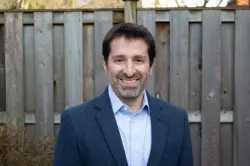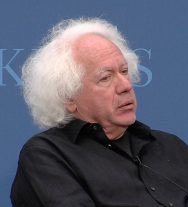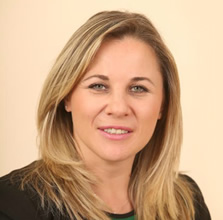

2:30 pm EST - 5:00 pm EST
Past Event
2:30 pm - 5:00 pm EST
1775 Massachusetts Avenue N.W.
Washington, DC
20036
Israel is undergoing a profound transformation, from a society with one politically and socially dominant group—secular Jews—to a society of several groups of roughly similar size. Israeli President Reuven Rivlin has gone as far as to describe four “tribes” of Israeli society and has proposed the creation of a new social compact among these groups. Others argue that Israel should resist institutionalizing identity-based politics, and should focus instead on society-wide concerns.
On December 13, the Center for Middle East Policy convened a public event to explore social rifts and what Americans might learn from the Israeli experience about managing diverse societies and about the proper role of group identities in national politics. The event featured two sessions titled: “Visions of Israel: Citizenship, common cause, and conflict” and “Secularism, religion, and the state.”
This event was part the center’s series on “Imagining Israel’s Future,” which is designed to help Washington audiences engage with voices from today’s dynamic Israeli society.
Moderator

Panelist

Moderator

Panelist


Richard V. Reeves, Ember Smith
April 26, 2024

Elaine Kamarck, Darrell M. West
August 27, 2024

Nicol Turner Lee, Dominique Duval-Diop
April 22, 2024